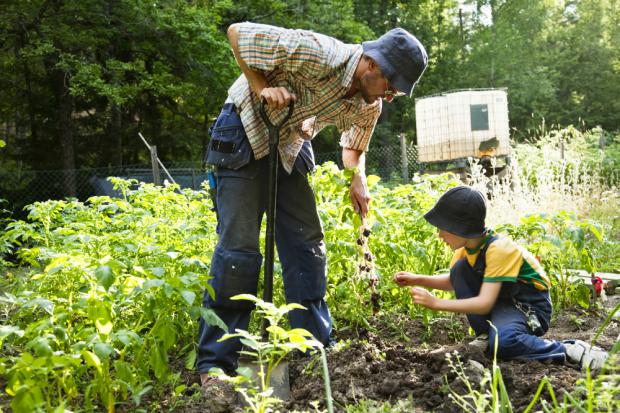
Breaking News
 Israeli Prime Minister, Netanyahu will meet with Trump on Wednesday and deliver instructions...
Israeli Prime Minister, Netanyahu will meet with Trump on Wednesday and deliver instructions...
 Elon Musk Offers To Cover Legal Bills Of Epstein Survivors Who Identify New Names
Elon Musk Offers To Cover Legal Bills Of Epstein Survivors Who Identify New Names
 Red Alert Emergency Broadcast! Tune In NOW As Alex Jones Analyzes The Insane Revelations...
Red Alert Emergency Broadcast! Tune In NOW As Alex Jones Analyzes The Insane Revelations...
 330 gallons of sulphuric acid was purchased for Epstein Island on the day the FBI opened...
330 gallons of sulphuric acid was purchased for Epstein Island on the day the FBI opened...
Top Tech News
 Drone-launching underwater drone hitches a ride on ship and sub hulls
Drone-launching underwater drone hitches a ride on ship and sub hulls
 Humanoid Robots Get "Brains" As Dual-Use Fears Mount
Humanoid Robots Get "Brains" As Dual-Use Fears Mount
 SpaceX Authorized to Increase High Speed Internet Download Speeds 5X Through 2026
SpaceX Authorized to Increase High Speed Internet Download Speeds 5X Through 2026
 Space AI is the Key to the Technological Singularity
Space AI is the Key to the Technological Singularity
 Velocitor X-1 eVTOL could be beating the traffic in just a year
Velocitor X-1 eVTOL could be beating the traffic in just a year
 Starlink smasher? China claims world's best high-powered microwave weapon
Starlink smasher? China claims world's best high-powered microwave weapon
 Wood scraps turn 'useless' desert sand into concrete
Wood scraps turn 'useless' desert sand into concrete
 Let's Do a Detailed Review of Zorin -- Is This Good for Ex-Windows Users?
Let's Do a Detailed Review of Zorin -- Is This Good for Ex-Windows Users?
 The World's First Sodium-Ion Battery EV Is A Winter Range Monster
The World's First Sodium-Ion Battery EV Is A Winter Range Monster
 China's CATL 5C Battery Breakthrough will Make Most Combustion Engine Vehicles OBSOLETE
China's CATL 5C Battery Breakthrough will Make Most Combustion Engine Vehicles OBSOLETE
Weed-free gardening: 4 tips for effective weed control

Fortunately, there are many ways to get rid of weeds and prevent them from coming back without having to use toxic chemicals. Survey your garden for any weeds and consider the following strategies:
1. Mulch garden bed
Bare soil in the garden is an open invitation for weeds to take root. Weed seeds are always being blown into your garden. Insects and birds also drop them into your garden. Those seeds become weeds if they germinate. But to do so, they first need to find their way to the soil surface. This is where mulch comes in.
Mulch benefits plants by keeping the soil cool and moist. At the same time, mulch deprives weeds of light. Organic mulch can even host beneficial insects, such as crickets and beetles, that feed on weed seeds.
However, mulching will only be effective if you do it right. Some light can still pass through chunky mulches. If you discover this too late, chances are the mulch you used is already laced with weed seeds. Therefore, it's important to replenish the layer of mulch. Generally, your mulch should be two to three inches deep. (Related: Want bigger, healthier potatoes? Use straw mulch; it improves soil quality and suppresses weeds.)
2. Stop disturbing the soil
Tilling is important because it allows you to mix organic matter into the soil, break up crusted soil or loosen small areas for planting. But you don't need to till or break up the soil very often as this can damage the soil.



